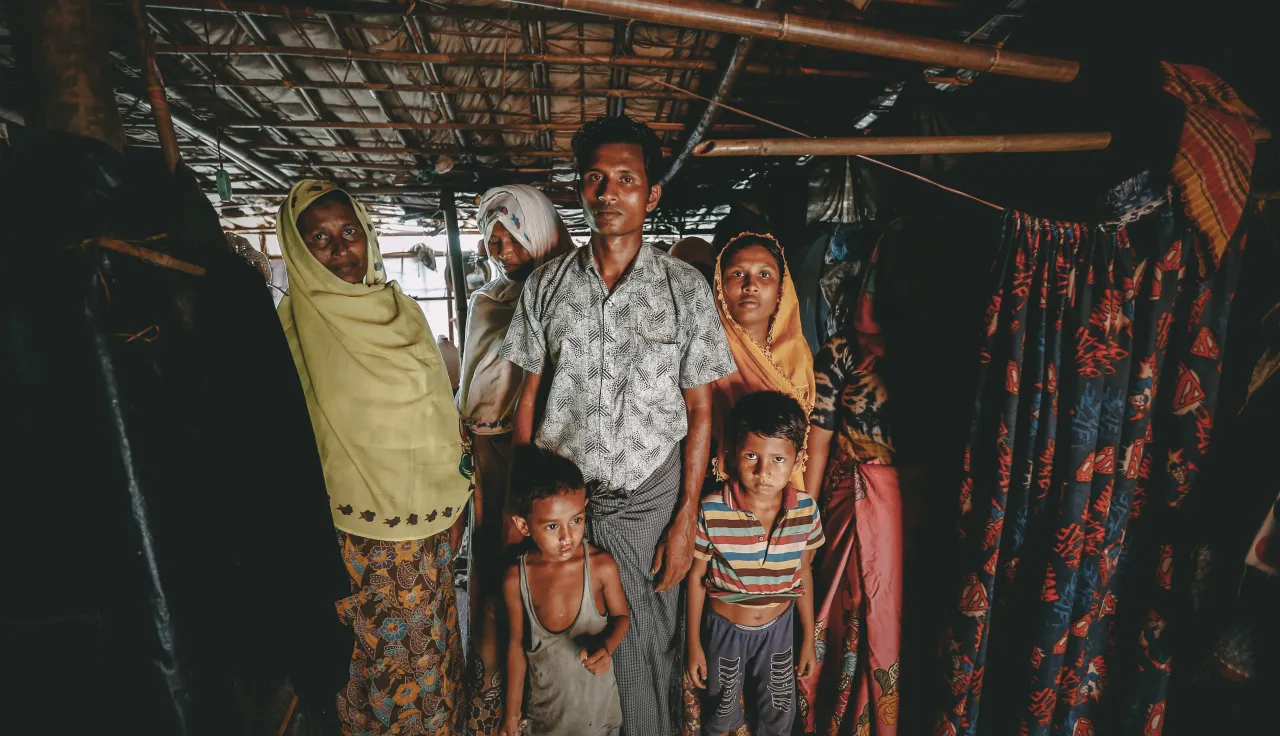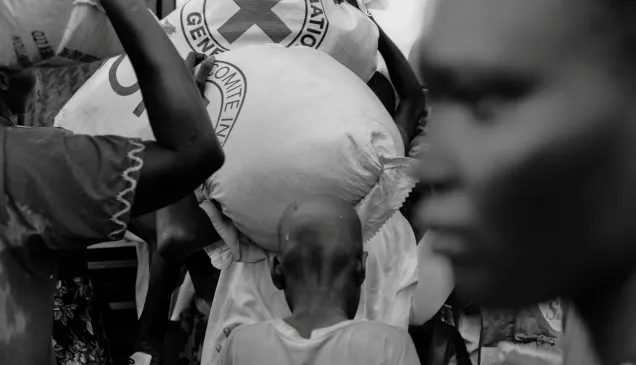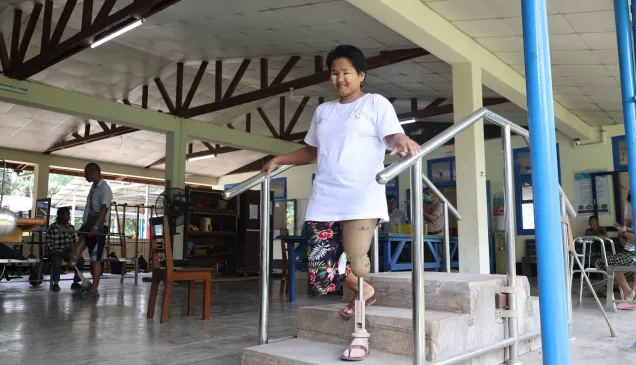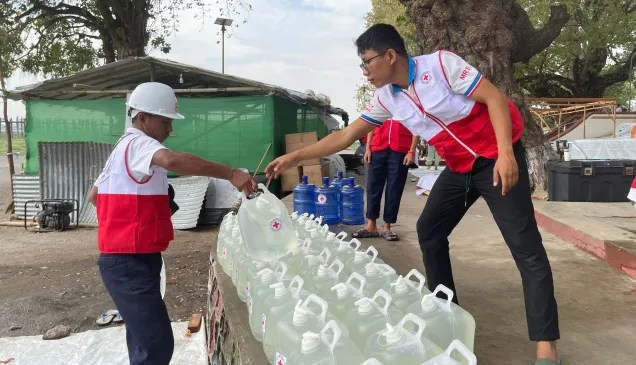ICRC President: Speech to High-Level Event on the Situation of the Rohingya Minority in Myanmar. As delivered.
In late June this year I visited ICRC operations in northern Rakhine and the camps of Cox's Bazar. Taken together this is one of the largest operations of our organization worldwide. I met those who stayed and those who left and it is clear that the people on both sides of the border are suffering despite all of the laudable efforts to mitigate the impact of mass displacements and the generous hospitality of the government of Bangladesh.
In Rakhine we visited areas where villages once stood. Little remains, and the vegetation is rapidly reclaiming the land. In other parts, former schools and health centers stand empty, and the markets are abandoned. People face significant restrictions in freedom of movement and an inability to resume their livelihoods, or access health or education.
In Cox's Bazar too, life is extremely difficult, with people living in emergency conditions with many basic needs unmet. They are faced with lives of aid dependency and deep uncertainty about their future.
Efforts of all actors are being stretched. Host communities in particular in Cox's Bazar, who opened their arms to welcome displaced people despite having very little themselves, are overwhelmed.
With its religious, security, economic and political divides, the Rakhine crisis has become one of the most visible internationalized and also politicized situations. The international community needs to move out of political deadlock and find answers to important questions of accountability, but also to find long-term political solutions.
As the past year has proven, answers will not come overnight and sustained humanitarian action continues to be needed for those who stayed, those who fled, and the communities who receive refugees and displaced.
In terms of returns, we face a dilemma. People who have been forcibly displaced have a right to return in safety and dignity. Yet, for this to be sustainable, people need to see their needs met, their rights and security ensured. My current assessment is that much more needs to be done to create safe, dignified and voluntary conditions so that people can return to Rakhine State.
We must therefore work simultaneously on supporting returns, but also avoid a situation where refugees live indefinitely in legal and economic limbo for years. Medium to long term answers are needed to support people to access education, health care, and restore livelihoods. And so, while political solutions and accountability continue to be addressed through national and international efforts, we must also not lose focus on protecting the lives and dignity of civilians in Myanmar and in Bangladesh.
With this in mind, the ICRC is working on new ways to move populations out of dependency, towards income-generating activities, to sustain life and livelihoods of families and communities. This has to be accompanied by the expansion of rights for affected populations, which are essential for the increase for the recreating of those livelihoods.
The ICRC is also engaging in a bilateral confidential dialogue on the protection of civilians with Myanmar authorities, including the Tatmadaw and the Myanmar border police. It is our mandate to speak to all sides in a conflict to identify problems and to identify humanitarian spaces in which we can work. We will continue this dialogue to urge the authorities to take the necessary measures to address them as well as to prevent future violations and respect of international humanitarian law.
Our collective best efforts must break this intractable situation. People need to be able to live with dignity, they need sustainable answers and they need hope for the future. This objective, a necessity, must be at the center of our attention.
Thank you.




